Kowloon offers halal‑certified options for every craving Muslim travellers!
Floods in Pakistan’s Punjab: What Muslim Travellers Need to Know
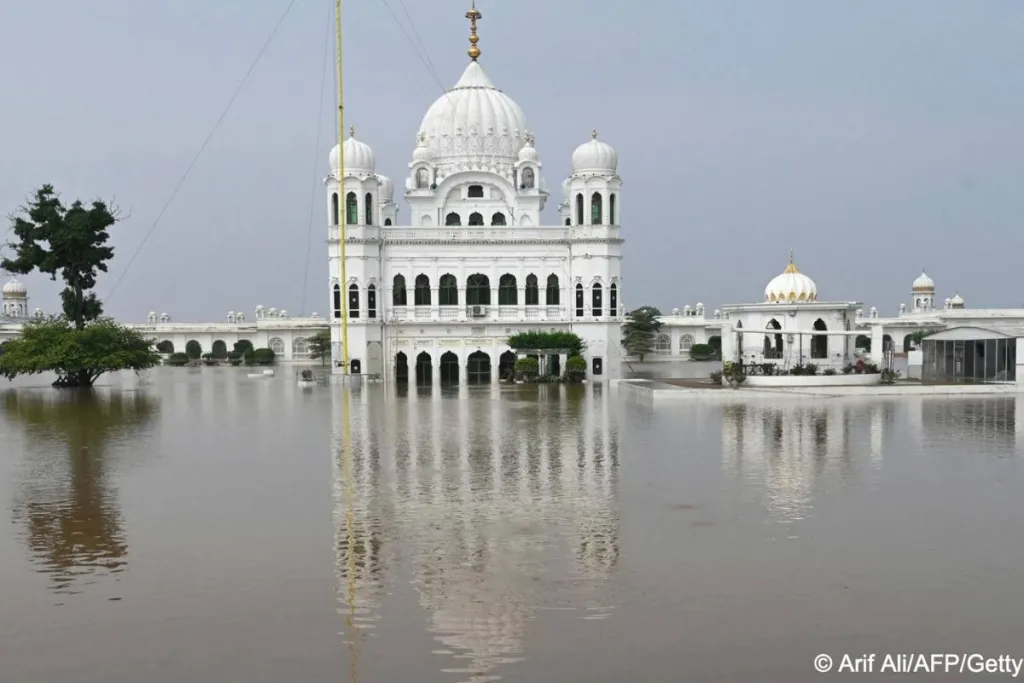
When travellers think of Pakistan’s Punjab, they often imagine lush green fields, Mughal heritage sites, and vibrant bazaars buzzing with life. But in recent weeks, the region has been hit by one of the worst floods since 2022, leaving much of eastern Punjab submerged and communities devastated.
Also read: Pakistan Implements Visa-Free Entry to Boost Tourism
What’s happening in Punjab?
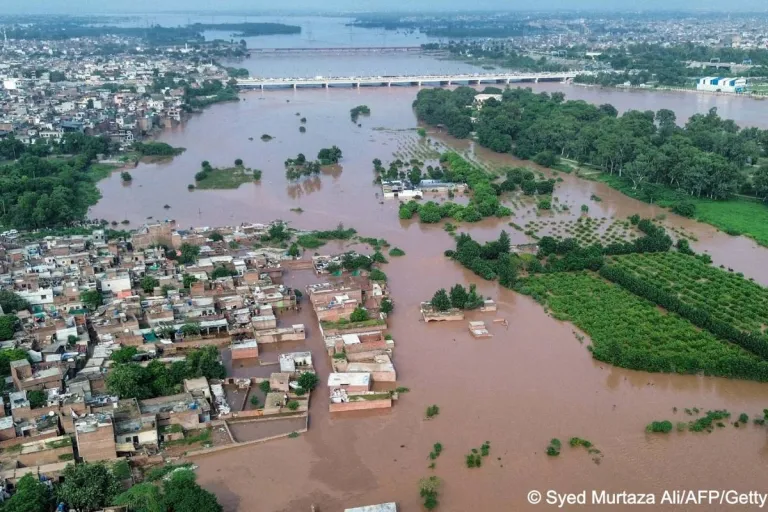
Image credit: Syed Murtaza | Getty Images
According to recent reports, nearly 300,000 people were evacuated in just 48 hours as floodwaters surged across districts such as Muzaffargarh, Narowal, and Sialkot. The flooding intensified after heavy monsoon rains and water releases from dams in India, swelling the Ravi, Sutlej, and Chenab rivers.
In total, around 1.8 million people have now been displaced, with 3,900 villages engulfed. Relief operations are ongoing, with Pakistan’s military, rescue workers, and volunteers using boats and drones to reach stranded families. Makeshift camps have sprung up, but resources remain stretched thin.
The human toll
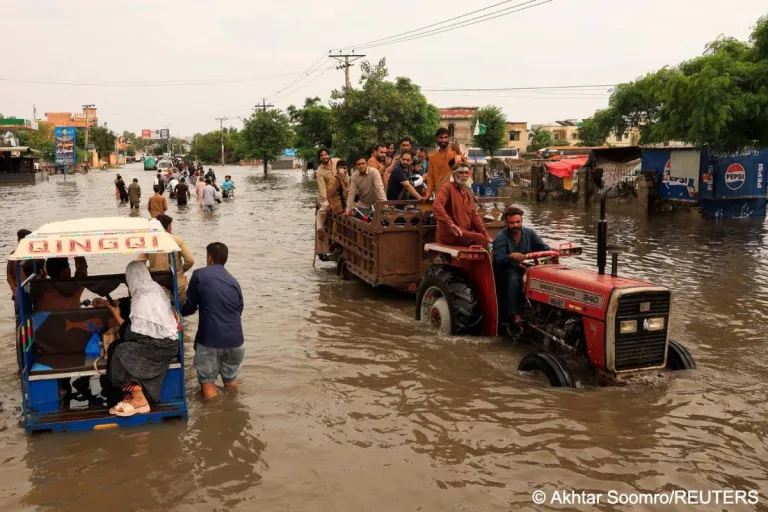
Image credit: @Akhtar Soomro | Reuters
Beyond statistics, this disaster is about people. Families have left behind their homes and livelihoods, children are sleeping in tents, and farmers are watching their crops disappear under water. Nationwide, more than 800 people have died since June due to heavy monsoon-related floods, making this year particularly tragic.
What it means for travellers
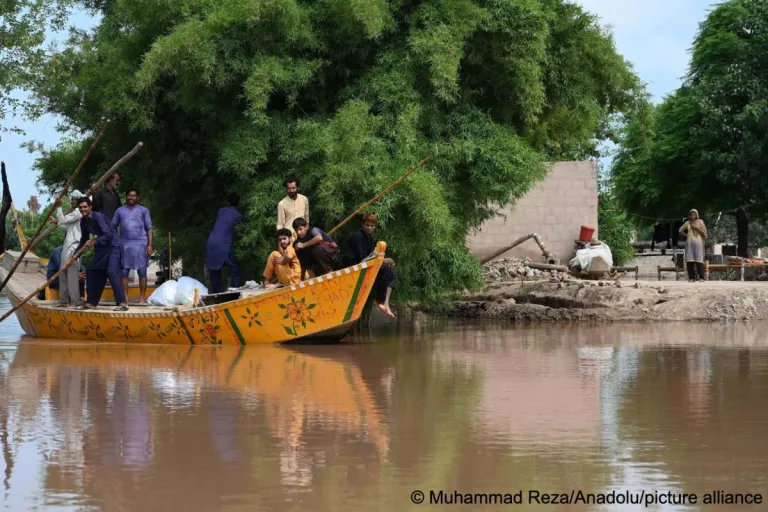
Image credit: Muhammad Reza
If you’re planning a trip to Pakistan, especially Punjab, it’s essential to stay updated. Flood-hit areas like Multan, Narowal, and Sialkot are currently unsafe for non-essential travel. Transport routes may be disrupted, and many rural areas remain inaccessible.
For Muslim travellers who may have included Punjab in their cultural or religious itineraries — such as visiting mosques, shrines, or exploring halal food trails — it’s wise to postpone visits to the flood-affected districts until conditions improve. Urban hubs like Lahore, however, remain operational, though the influx of displaced families may affect local services.
Supporting affected communities
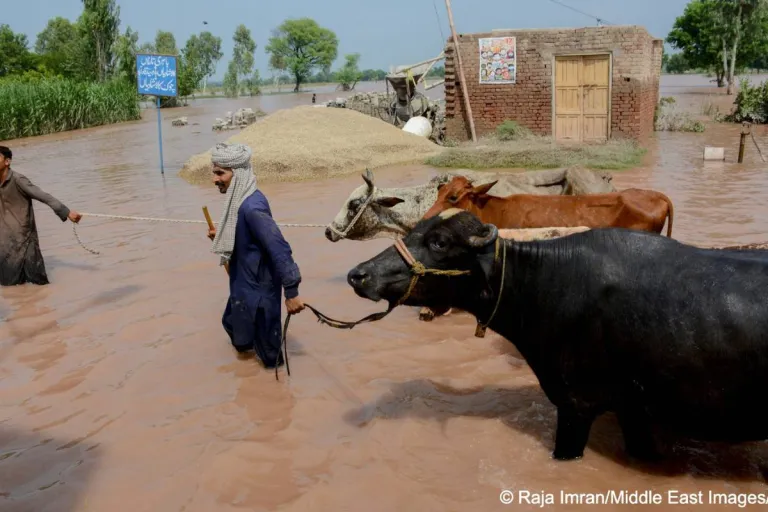
Image credit: Raja Imran | Middle East Images
Travellers often play a role not just in exploring, but also in supporting destinations during their toughest times. If visiting Pakistan soon, consider contributing to local relief initiatives. Many NGOs and mosques are providing shelter, food, and medical care to evacuees, and donations, even small ones, can go a long way.
A reminder of resilience
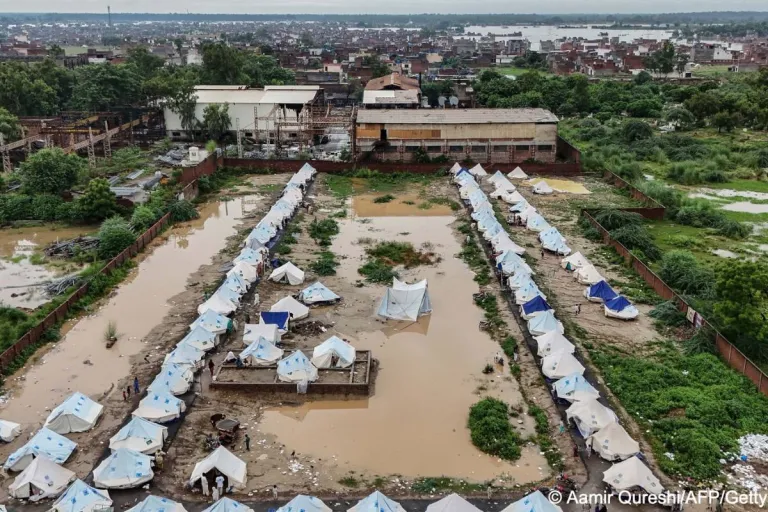
Image credit: Aamir Qureshi | Getty Images
Pakistan has faced natural disasters before, and each time, the resilience of its people shines through. Communities rally together, mosques open their doors for shelter, and strangers help strangers. For both Muslim and non-Muslim travellers, this is a moment to witness not just the beauty of Punjab’s landscapes, but also the strength of its spirit.
Also read: 15 Instagram-Worthy Destinations in Pakistan
Halal travel alternatives in Pakistan
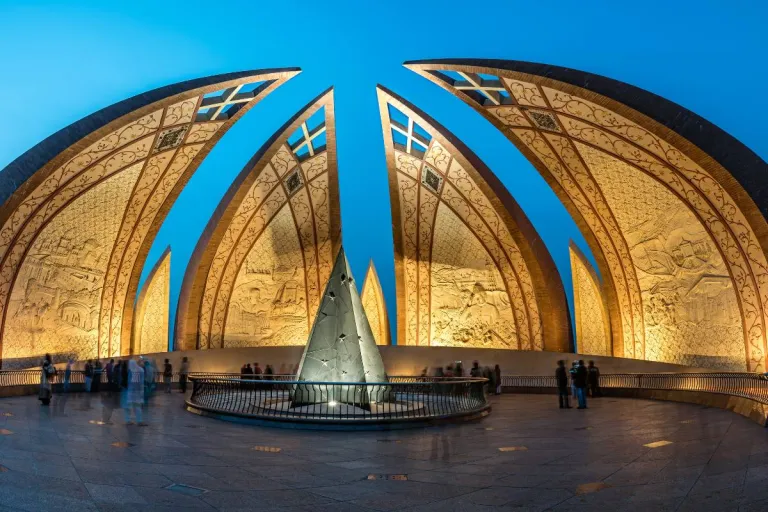
Image credit: SAKhanPhotograpghy | Canva Pro
If Punjab is part of your travel plans but you want to avoid flood-hit areas, here are some Muslim-friendly alternatives that remain safe and welcoming:
Islamabad & Rawalpindi – Pakistan’s capital is a peaceful hub for travellers. Explore Faisal Mosque, enjoy halal dining in the Blue Area, and take a quick trip to the Margalla Hills for scenic hikes.
Northern Pakistan (Hunza, Gilgit, Skardu) – Known for breathtaking mountains and warm hospitality, these regions are ideal for halal-conscious travellers. Prayer spaces are readily available, and local food is always Muslim-friendly.
Karachi – A vibrant coastal city with a mix of culture, shopping, and seaside escapes. From Clifton Beach to bustling bazaars, there’s plenty to experience along with endless halal food options.
Multifaith Heritage Sites – If cultural exploration is part of your plan, consider visiting Taxila or Thatta, where history and architecture tell the story of Pakistan’s diverse past.
Always check local advisories from Pakistan’s National Disaster Management Authority before planning your route. If you’re travelling during monsoon season, it’s smart to keep flexible itineraries.
Published at
About Author
Aimi Zulkiflee
Subscribe our Newsletter
Get our weekly tips and travel news!
Recommended Articles
15 Best Halal Foods in Kowloon, Hong Kong Top Muslim-Friendly Things to Do at The Newest Antara Genting Highlands It’s located between Peacehaven Campsite and Cradle Rock Genting Highlands, along Jalan Utama Genting Highlands
10 Best Halal-Friendly Destinations in The Philippines for Muslim Travellers Not just Boracay...
10 Best Places for Muslim Travellers to See Tulip Festivals in 2025 Fun Fact: Tulips didn’t actually come from the Netherlands but Türkiye!
Top 10 Popular Muslim-Friendly Destinations to Visit in 2025 Our schedules are packed, buddies!
Latest Articles
Sapporo Winter Festival 2026: The Ultimate Guide for Muslim Travellers Get ready for the biggest winter festival in Japan!
10 Spots to Find the Most Authentic Halal Pho in Ho Chi Minh City, Vietnam Here are our favorite spots for authentic Halal Pho in Saigon.
10 Family-Friendly Theme Parks in Bandung for an Unforgettable Getaway From cozy indoor spaces to spots offering breathtaking natural views of Bandung.
8 Must-Stay Hotels in Canada with the Most Stunning Natural Views you need a room with a view!
Exploring Iconic Canada: From Dreamy Aurora Views to Trending K-Drama Filming Spots you might have spotted the breathtaking landscapes in Canada

